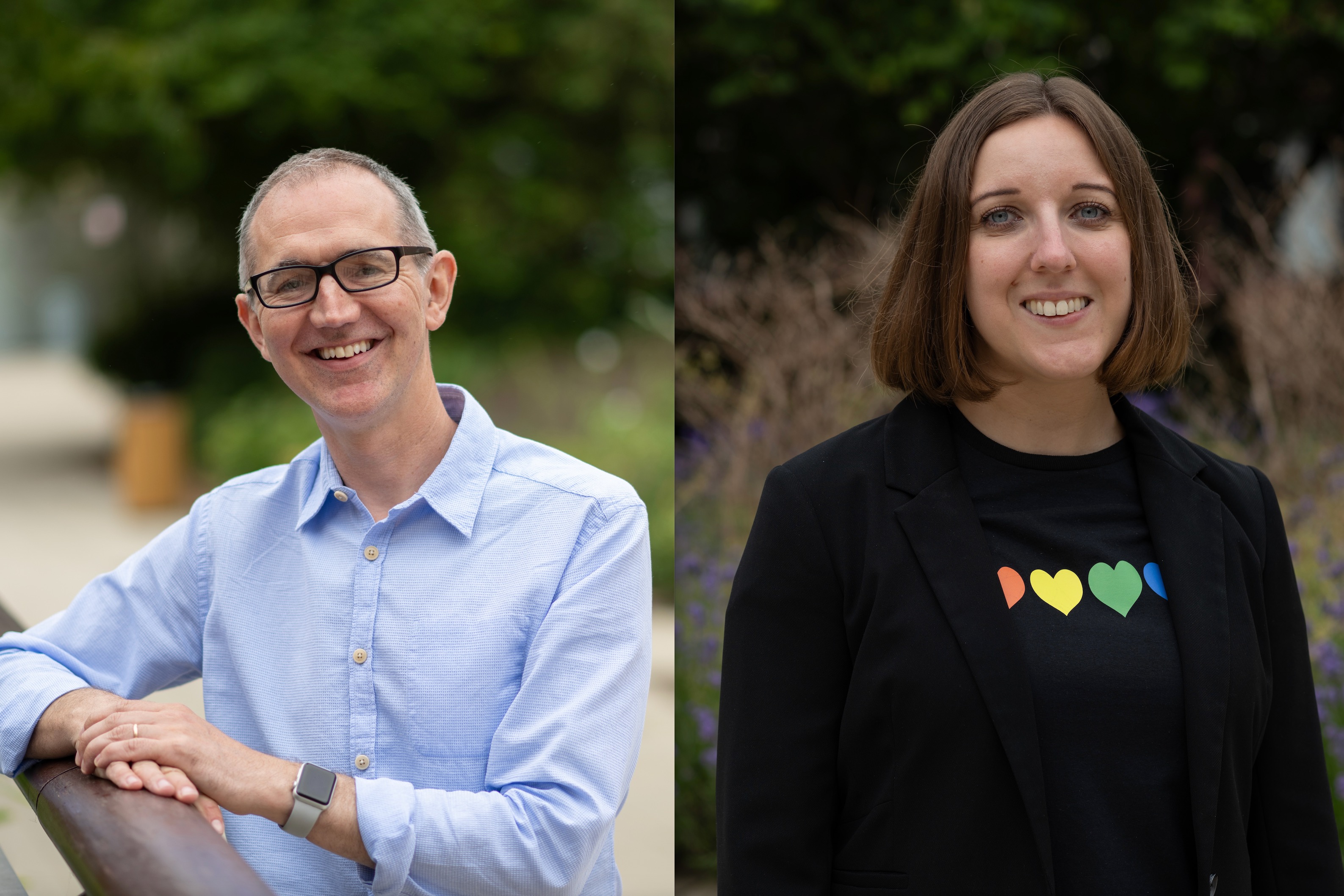Why preprint review is the way forward




Clarivate Plc announced the integration of ProQuest™ Dissertations & Theses Global with its renowned Web of Science™ platform. This integration enables researchers to gain quick and easy access to a vast multidisciplinary collection of early career scholarship of more than 5.5 million global dissertations and theses.
The new solution, ProQuest™ Dissertations & Theses Citation Index, offers a comprehensive research experience with access to discover early career research alongside journals, preprints and other scholarly sources within a single platform

More than 40 leading scientists have resigned en masse from the editorial board of a top science journal in protest at what they describe as the “greed” of publishing giant Elsevier. Academics around the world have applauded what many hope is the start of a rebellion against the huge profit margins in academic publishing, which outstrip those made by Apple, Google and Amazon.
COPE believes that authors and institutions should treat lists of predatory (or fake) journals with the same degree of scrutiny as they do with the journals themselves. Lists that are not transparent about criteria used should not be relied on. Moreover, such lists may perpetuate systemic bias and include journals with limited resources but which are legitimate journals with the best intentions. COPE’s Predatory Publishing discussion document expands on how authors, reviewers, editors and institutions can identify predatory journals.
It’s time for a new serials subscription strategy. With most stakeholders now used to a rapidly changing environment comes an opportunity to shape the next standard way academic libraries and larger commercial publishers make content available to users. The author offers a route for managing closed access e-serials in a way that finds the best value for libraries, the most content for users, keeps publishers solvent, and experiments on behalf of equity.
The Cambridge Open Equity Initiative is a pilot designed to support authors in low- and middle-income countries who wish to publish their research open access but do not have access to funding. Authors will be eligible from July 1st 2023. No application is required and authors are automatically recognised as eligible for open access publishing once their paper has been accepted. Authors are able to submit their paper to all of Cambridge’s gold and hybrid journals at no direct cost to them or their institution. All original research, including research articles, review articles, rapid communications, brief reports, and case reports are eligible.
The National Open Access Agreement in France is a “read and publish” agreement which was established in January 2017 for five years. In 2022, it was extended for a further five years. EDP Sciences is the publisher for the agreement and articles published under the agreement contribute to the growing proportion of its open access content. The 70 members include the majority of French universities with a science focus, most national research organisations, e.g. Centre national de la recherche scientifique (CNRS), Commissariat à l’énergie atomique (CEA) and Institut national de la santé et de la recherche médicale (Inserm).
Delta Think has been studying article processing charges (APCs) applied by a sample of major and significant publishers since 2016. The latest release of their findings show that the highest price point for fully OA journals remains at $8,900. A couple of dozen or so fully OA (“gold”) journals charge above $5,300. The highest price for a hybrid journal is now $11,690, up from $11,390 last year.
In a case study of Hindawi special issues, Dorothy Bishop studies the impact of paper mills that charge authors to place fraudulent papers in the academic literature. Publishers have been slow to tackle the problem, but are now starting to devise methods for identifying paper mill products. However, little attention has been paid to the topic of complicit editors, who can take over special issues of journals and then publish many fraudulent articles.

The authors explain that APCs are mainly applied to articles in biology and medical research. 30% of articles in these fields and having an author affiliated with a French research organization are APC-based. For humanities and social sciences, articles with APCs represent 1% of all articles published.